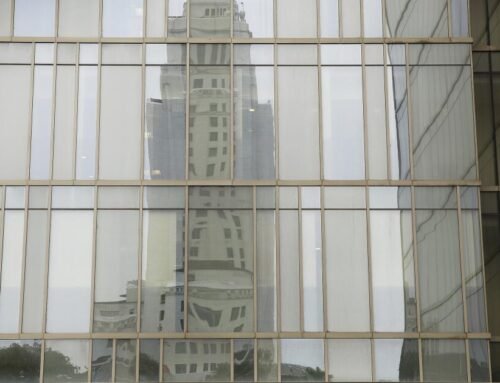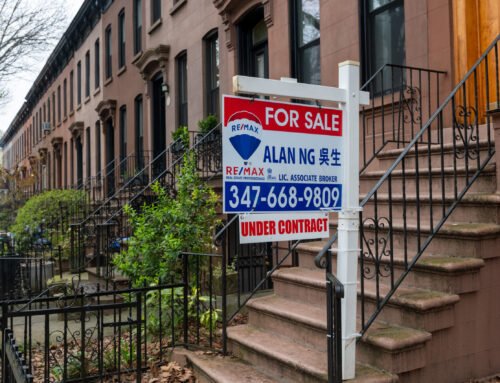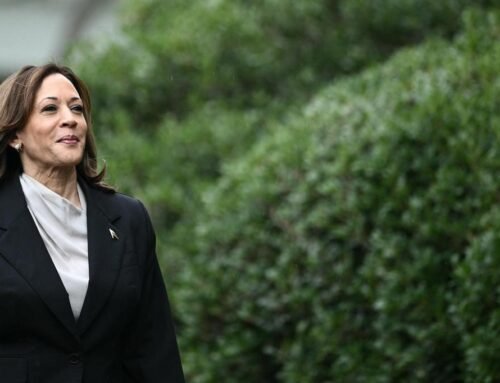Andy Celani fears what the tax incentives offered to development by the federal opportunity zone could bring to east-central Boulder.
The 66-year-old longtime resident and retired businessman is running for one of six open Boulder City Council seats, for which 14 others are also vying, in part to preserve what he can of what he considers one of the city’s few pockets of unsubsidized, reasonably affordable housing in the opportunity zone.
Celani called for an indefinite extension of the temporary demolition and development moratorium in the opportunity zone swath between 28th and 55th streets and Arapahoe Avenue and Diagonal Highway.

Courtesy photo
Andy Celani candidate for Boulder City Council.(Courtesy Photo)
“I think the opportunity zone is going to be tragic for the town,” Celani said. “I think it was an overreach by our city management, and I don’t think it was necessarily to the wishes of this city council. I think it was brushed under the rug, and I think the city council showed a very, very weak fiber in not resisting that becoming an opportunity zone.”
In addition to criticizing city staff for signing up the area for the President Trump-led tax cut program, Celani brought up the Alpine-Balsam project to suggest the staff drives a pro-housing density agenda.
“The Alpine-Balsam situation micro-cosmically reflects some of the issues within our city government, one of which is that our planning department and our city management have the appearance of being pro-density,” Celani said.
Celani became involved in Boulder’s political arena during the right-sizing project of Folsom Street, when he spoke out against the replacement of capacity on the road with more room for bicycles because of the perceived impact on businesses like his since-closed Smooth Motors car sales and heightened congestion.
He views the city’s cycling infrastructure as fairly sufficient already, attributing collisions between cyclists and vehicles partly to population growth.
“I think the problem of our biking community is we have one of the best bike path systems I’ve ever seen in the states,” Celani said. “We have a very effective bicycle lobby that has pushed and made our city very bike-able. … There is no doubt that with the overpopulation we’re going to have, more people on bikes, more people in cars, there is an inevitability about (crashes). Safety has to be our first priority.”
Preserving the few undeveloped areas within Boulder proper, as well as the open space encompassing the city’s boundaries, is another Celani goal, with an emphasis on dodging multi-family housing structures from swallowing up the rest of what he called “open space within city limits.”
“I’m concerned that every lot, every small location, every cherished neighborhood location will be consumed with multi-unit high rise housing,” Celani said. “I think if this high-density situation keeps gaining momentum and the outside developers get a real firm grasp on us, then many other issues like transportation are vastly affected.”
In setting priorities for the city open space system, he believes land acquisition should take a back seat to maintenance and repair of existing assets, but remain an option. He is also willing to explore setting user fees for recreational users of open space, especially motorized bicyclists.
“It appears that heavy, motorized two-wheeled bikes have a great deal of impact on the trails, more so than foot traffic,” Celani said. “… So perhaps that bill should be spread out (to) the people who create those issues.”






Leave A Comment